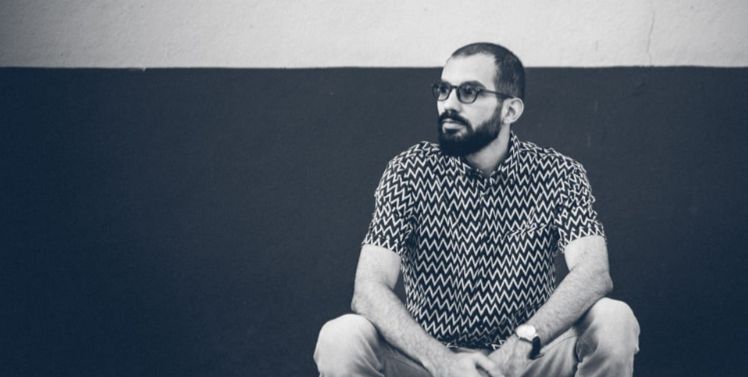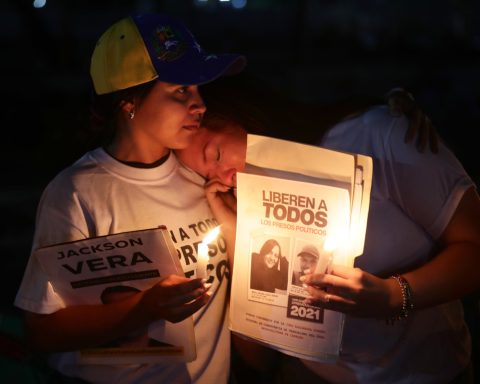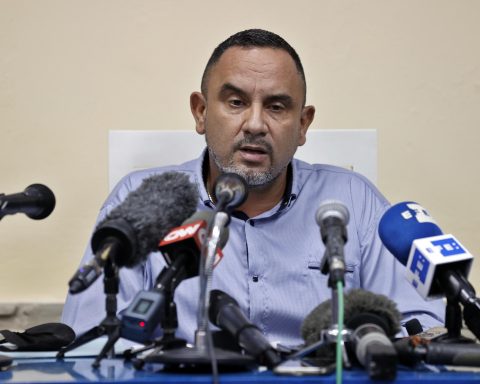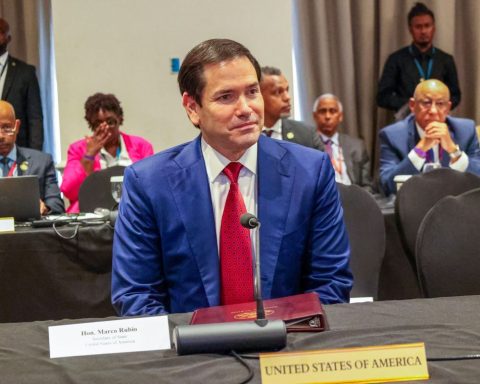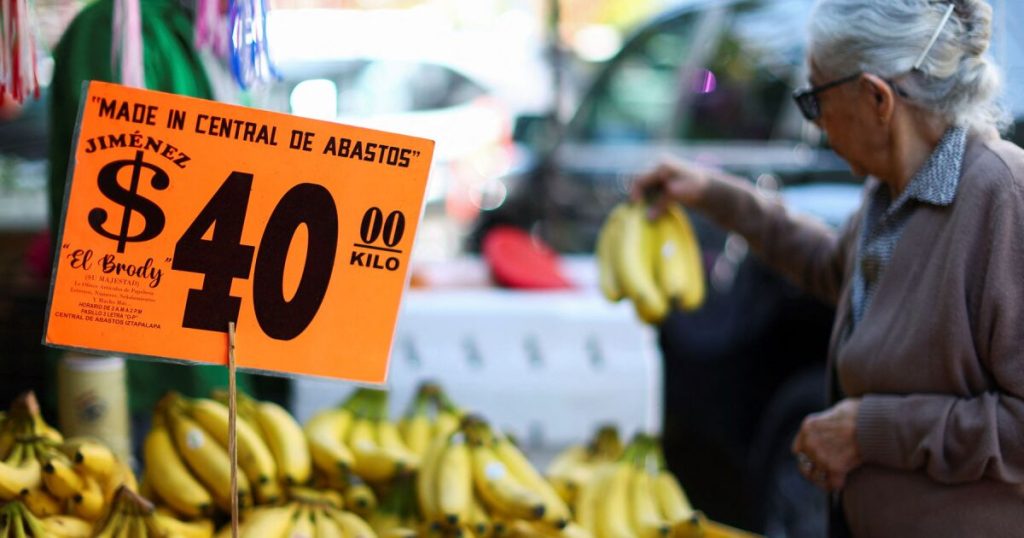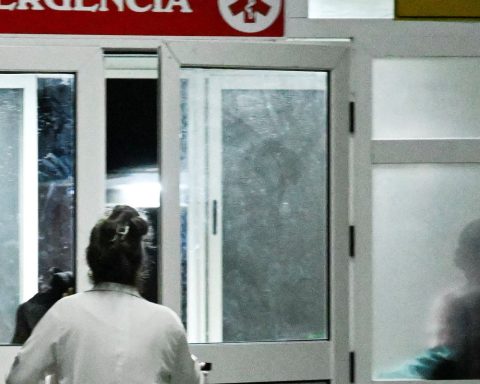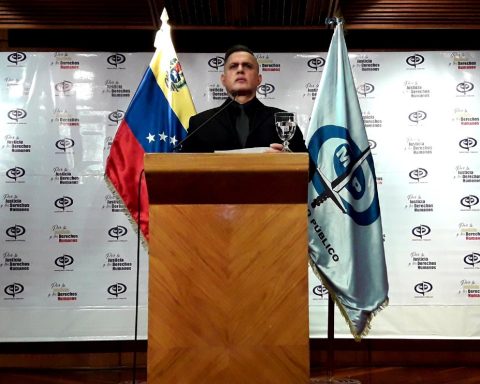AREQUIPA, Peru – Castro authorities released this afternoon Cuban filmmaker Orlando Mora Cabrera, director of the censored short kill a manwho was detained during midday and led to a complaint from the Assembly of Cuban Filmmakers (ACC).
“I’m home, I’m fine. Thank you and a big hug,” wrote the young filmmaker. on social networkswithout offering further details of the incident.
In a Facebook post, the ACC reported that the young filmmaker was arrested around 12:30 PM by three agents from the Ministry of the Interior (MININT) and for hours his whereabouts were unknown.
During the arrest, the henchmen of the Cuban regime indicated that they would take Mora Cabrera to the police station located on Zapata and C, in Havana.
“After several contacts, they assure us that he is not there. Until now we do not know his whereabouts or the reasons for his arrest. We denounce this irregularity and express our solidarity with Orlando Mora,” the publication states.
At the beginning of this week, the director addressed the exhibition of his film for the Cuban public in two alternative spaces, after it was banned at the Havana Film Festival.
“I am grateful that, despite everything, the film could be shared. Others have not had the same luck. The joy of exhibiting it does not alleviate the pain that exclusion causes, it is a grievance that we must not forget (…) My desire: that all Cuban cinema be seen in Cuba,” wrote the director.
“In current circumstances, making a cinema that questions the contradictions of our social and political reality, with ethical and aesthetic demands, is necessarily a cinema of resistance,” he added.
In Cubafilms or cinematographic works can be vetoed for a wide variety of reasons, including the subject they deal with, the political positions of their director, the time of their release, or even the author’s enmities with the political commissars of revolutionary art.
Censorship has been naturalized as a totalitarian mechanism, similar to that of the former Soviet Union, and has become an inseparable part of the country’s cultural policy since 1959.
Cultural commissioners have made efforts to prevent a country from being counted that does not conform to the official imaginary, and when filmmakers cross the permitted limits, they are ostracized and their productions are banned.
